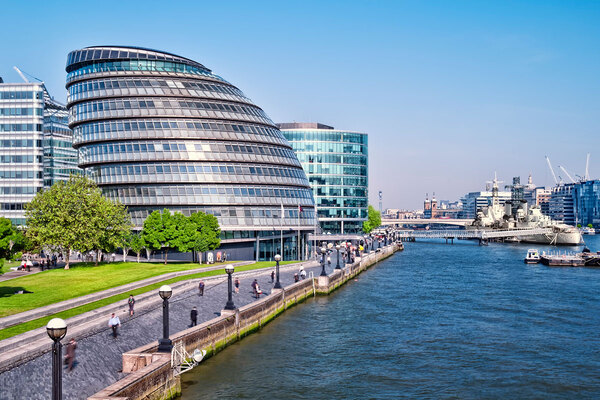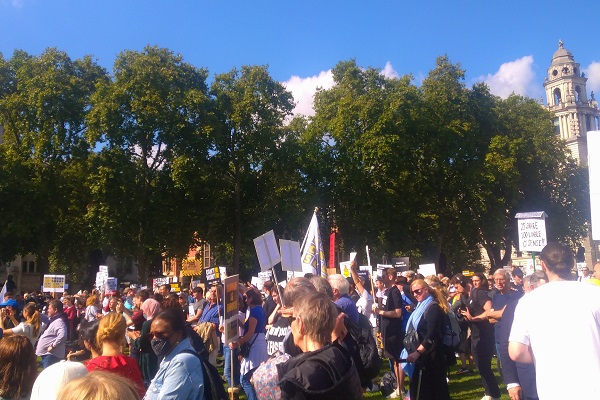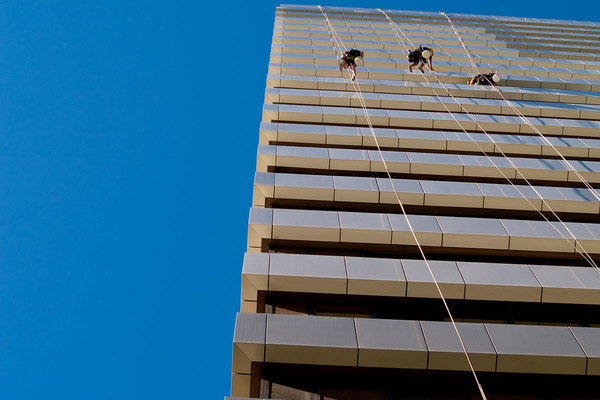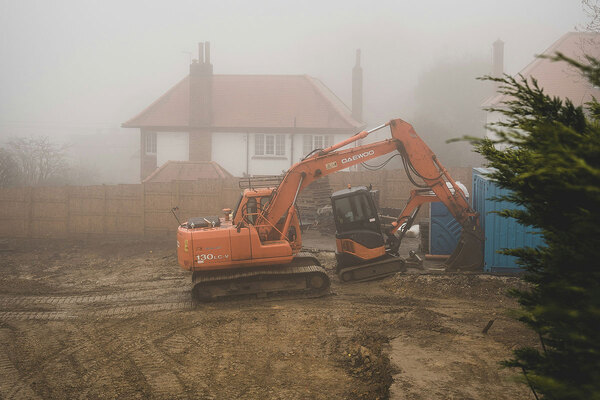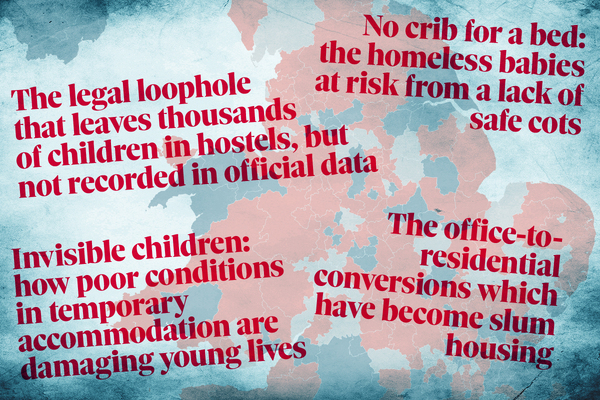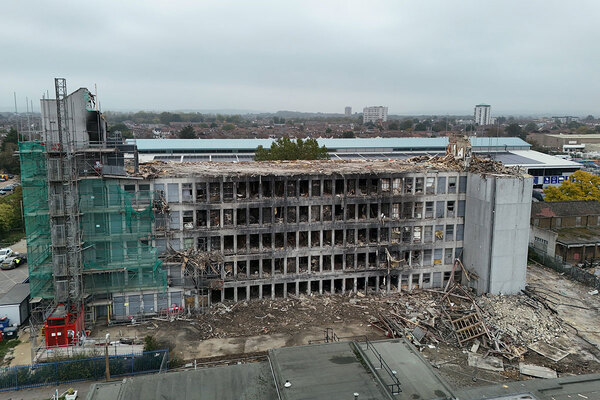You are viewing 1 of your 1 free articles
Building owners should disclose safety information to residents ahead of new laws, says Sadiq Khan
Sadiq Khan has urged building owners to act “proactively” by disclosing safety information to current and would-be residents ahead of the government’s building safety regime formally taking effect.
In an open letter published last week to coincide with a leaseholder rally in central London, Mr Khan said he welcomed that the Building Safety Bill would include a statutory responsibility for building owners and landlords to share fire safety information with residents.
But the letter, directed at building owners and landlords, added: “While we wait for this legislation to be enacted I urge you to act proactively and disclose building safety information to both current and prospective residents. This information should include fire risk assessments (FRAs) and any other life safety documentation.”
The mayor is concerned that implementation of the laws will take too long and that “voluntary disclosure” is the best way to restore trust between leaseholders and building owners.
“I am aware that many landlords already act transparently and routinely share FRAs with their residents,” the letter said. “However, I also know that many still do not, and that some even place undue burden on residents when requesting this information.
“FRAs remain the best documentation we have on whether a building is safe or not. These documents are not only helpful for current residents but can also support prospective residents in making informed decisions before renting or buying a property.”
Geeta Nanda, chair of the G15 and chief executive of Metropolitan Thames Valley, added: “The complexity of the issues surrounding fire safety mean that the process of information-sharing needs to be carefully managed, and where housing associations are not the freeholder of a building it can mean that we are ourselves waiting for information to be provided by third parties before we can share this with our residents.”
Last week’s rally outside the Houses of Parliament was held on the day Michael Gove replaced Robert Jenrick as housing secretary and was attended by leaseholders and others affected by safety issues in their buildings.
Many leaseholders have faced sky-high bills to fix problems, with some facing bankruptcy. The rally was organised by the National Leaseholder Campaign, the Leasehold Knowledge Partnership and the End Our Cladding Scandal campaign.
Mr Khan has also called on the government to commit in full to non-cladding remediation works, such as the installation of effective sprinklers, where the absence of these systems poses a fire risk.
“More than four years on from the Grenfell Tower fire, the events of that terrible night continue to cast a long shadow over the lives of thousands of Londoners whose faith in the safety and security of their home has been stripped away,” said Mr Khan.
“The current building safety situation is a scandal and a crisis – and it appears that the government are still not willing to properly address it.”
Dave Richards of the London Cladding Action Group said: “The building safety crisis has blighted the lives of thousands of Londoners. It is financially ruining people across our city.
“We are pleased the mayor of London is standing with leaseholders and pressing the government to end our cladding scandal. At the heart of the scandal is the lack of trust in the property industry.
“The mayor is right – trust needs rebuilding and the voices of leaseholders need to be heard and acted on instead of the scant regard our voices are currently given.”
Sebastian O’Kelly, chief executive of the Leasehold Knowledge Partnership, said: “There are more flats in London than anywhere else in the UK, and they are a mess.”
He said that “tens of thousands of ordinary families face ruin with building safety costs” and the crisis is still not close to being resolved.
He added: “We will be in the same position in four years’ time unless government takes decisive action to put right badly built blocks and tries to recoup what it can from those who build these flawed buildings.”
The government has put just over £5bn towards cladding remediation, but the funds only cover buildings taller than 18 metres and are limited to the removal of combustible cladding.
Sign up for our fire safety newsletter
Already have an account? Click here to manage your newsletters
